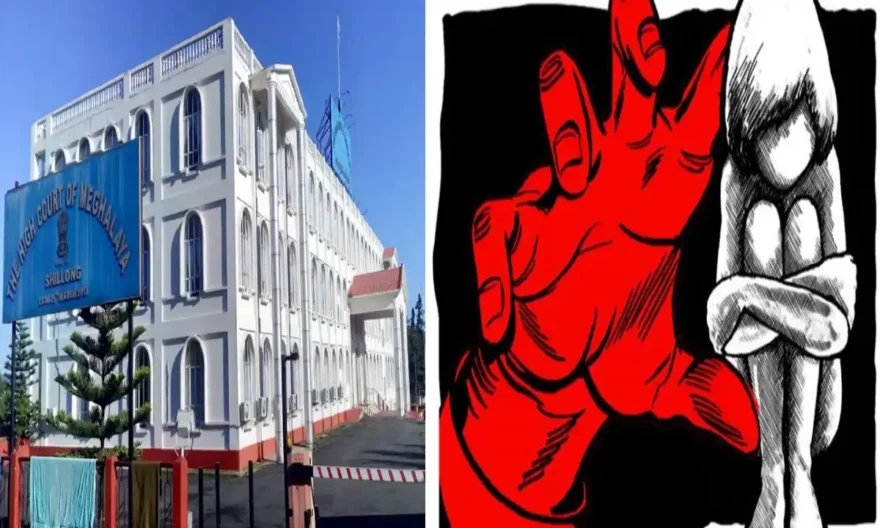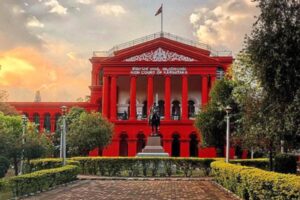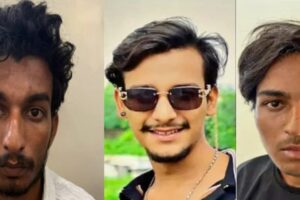
The Meghalaya High Court recently held that the absence of witnesses in sexual assault cases under the Protection of Children from Sexual Offences Act (POCSO Act) cannot be used as a basis to absolve the accused.
A division bench of Chief Justice Sanjib Banerjee and Justice W Diengdoh emphasized that these offenses often occur in secluded areas after the accused lure the survivors.
The bench highlighted that it is highly unlikely for a child survivor to fabricate a story regarding such incidents.
“The law that has developed requires the allegation of the survivor to be taken seriously and, if found to be credible, to accept the same … When the survivor is a child, it is difficult to imagine that a story would be conjured up out of nothing and the same would be consistently repeated. Thus, when the survivor is a child of, say, up to 11-12 years of age, unless the court finds the child to be precocious enough to make out a story and consistently repeat the same, the fact that there may not have been any witness to the incident of sexual assault may not, by itself, let the accused off the hook,” the bench stated.
The bench rejected the idea that uncorroborated allegations and outright denials by the accused should automatically render the survivor’s account as false.
“It is time to completely discredit a routine line of defence often taken by an accused facing a charge of rape or sexual assault … For a start, however depraved a person may be to sexually molest another person, he may not be foolish enough to indulge in such act in open public view. Such offences are committed stealthily or surreptitiously when the survivor is alone or by luring the survivor to a secluded spot,” it further stated.
The remarks were made while dismissing an appeal by a convicted tuition teacher accused of aggravated penetrative sexual assault against a 9-year-old student.
During the investigation, a medical examination revealed lacerations and tears in the survivor’s anus.
The petitioner’s defense was based on the argument that his brother and another student, who were present during the tuition sessions, were not examined during the trial to verify the allegations.
The High Court emphasized that considering the credible statement of the survivor, the supporting medical evidence, and the absence of any errors in the trial court’s order and proceedings, the case was an ‘open-and-shut’ one.
The judgement reads, “Merely because Babuji had not been cited as a witness by the prosecution or the father of the survivor may have exaggerated the duration of the tuition class would not detract from the eminently believable account of a nine-year-old survivor in course of his statement under Section 164 of the Code and the description of the incidents at the time of his medical examination.”
The division bench noted that there were no obstacles during the trial to summon witnesses for examination.
“In the absence of the appellant calling such persons as defence witnesses despite having due opportunity therefor, the appellant cannot surmise as to what such persons may have stated to detract from the consistent version of the survivor,” the bench stated.
Therefore, the appeal was dismissed.




